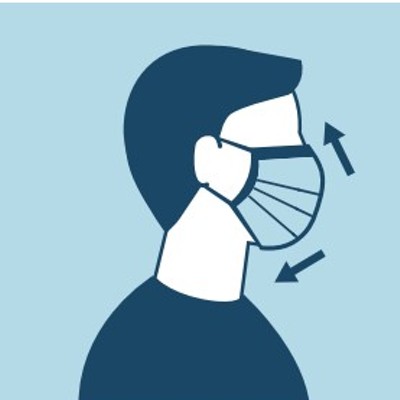Last year, the typical senior citizen in the United States spent more than $1,000 on medications. While most have some type of insurance coverage to help defray a portion of these costs, annual double-digit price increases and shrinking incomes leave many older folks in a prescription drug dilemma.
Of course, for years, numerous Southern Arizona seniors have trekked to Nogales to save some money on their drug purchases. But now. modern technology lets them do the same thing sitting in front of their computer screen.
One Tucsonan--who, like the other seniors quoted, wanted to remain unidentified for obvious reasons--says that for the last 18 months, he has ordered allergy medication from New Zealand. He gets it at about one-fourth the cost, and it is delivered to his door within one week. He also bought a drug from a firm in Canada at a fraction of its American price, but no longer takes it.
Another local senior indicates that he started buying four drugs from a Canadian company several months ago. He simply faxed them his prescriptions, along with a list of the other medications he is taking, and had the order filled within 10 days.
When informed the procedure is illegal, this longtime Tucsonan responded: "That's outrageous! The government has chosen not to create a drug benefit under Medicare, so we must fend for ourselves. I just hope we don't get caught."
Meanwhile, his wife also participates in the process, and between them, they expect to save over $1,800 this year.
Despite these advantages, both AARP and the American Pharmaceutical Association discourage the practice. While recognizing it is a growing trend among cash-strapped seniors, they argue it is illegal, and the pharmacist association believes it could possibly be dangerous.
If people choose to buy online from foreign companies, they should understand the risks involved, says Susan Winckler, vice-president for Policy and Communications of the American Pharmaceutical Association.
"It may save money, but at the expense of a person's health," she says. "Knock-off medications can be a significant risk, plus many consumers don't tell their doctor or pharmacist they are buying their drugs this (online) way." That, she thinks, can lead to unforeseen interactions with other medications the person may be taking.
To prevent that from happening is one reason the group recommends people use only one pharmacist who knows all the medications they are on. If they don't, and a drug interaction occurs, "It can cause significant harm to a person," Winckler says, "and is one of the reasons importing medications is illegal."
According to an association bulletin, "Under federal law, only the manufacturer of a drug may import prescription medications, because the federal government regulates the manufacturing of prescription and nonprescription medications." Because of that policy, they believe, "the public has assurance that imported products are effective, safe, or have been produced under U.S. quality control requirements."
Those concerns don't faze one of the Tucsonans who buys drugs on-line.
"It is the identical product, just with another name," he says of the medicine he receives from overseas. To obtain it initially, he simply went to Google, entered the medication's U.S. brand name, and was provided a list of alternative suppliers.
Even though it only takes a few clicks of a mouse, and is an easy way to save some money, AARP spokesman David Gross indicates his group doesn't endorse the practice because of the law. But while it may be illegal, consumers using this buying technique aren't--as yet--being pursued by the police.
It also seems unlikely the feds would ever clamp down on older people trying to save some bucks. After all, what other option do many seniors have if they can't afford the price of needed medications?
Gross believes a medical drug benefit must be provided under Medicare. But with that idea having been kicked around for years without any resolution, if they understand the risks involved, why shouldn't older Americans use the Internet to buy affordable drugs?
That opportunity, though, may soon disappear. Medication manufacturing mogul GlaxoSmithKline is taking aggressive steps to shut down the major source of foreign drugs to American consumers. They are moving to cut off the supply of their products to Canadian pharmacies which sell them south of the border.
If other U.S. drug companies do likewise, that could mean the end of the online medication alternative. So what do consumers think of big-business trying to take away their affordable drugs?
"It's an anti-trust violation in my unlegal opinion," offers one local senior, who finds the present system beneficial--as well as economical.












